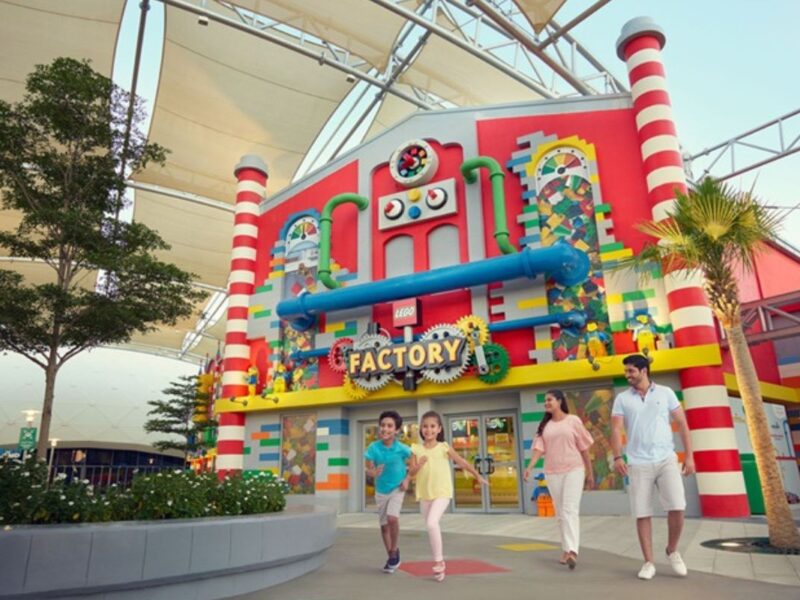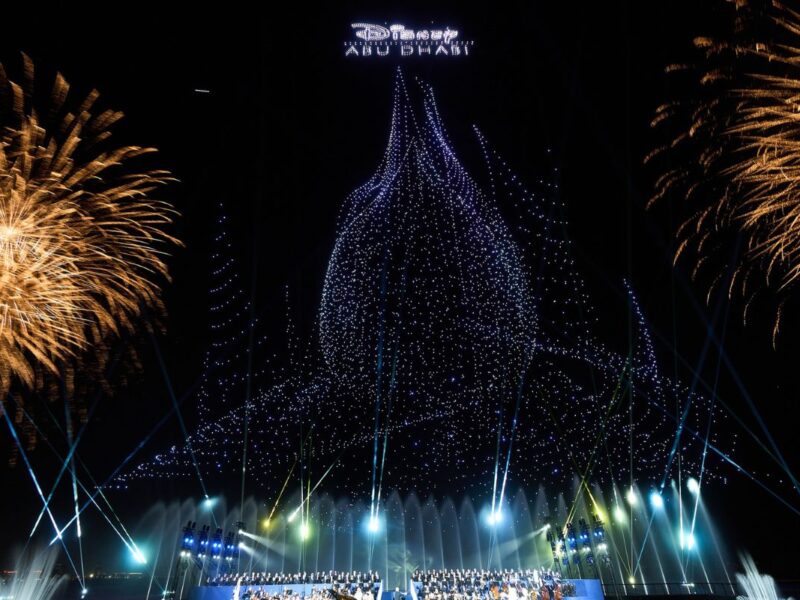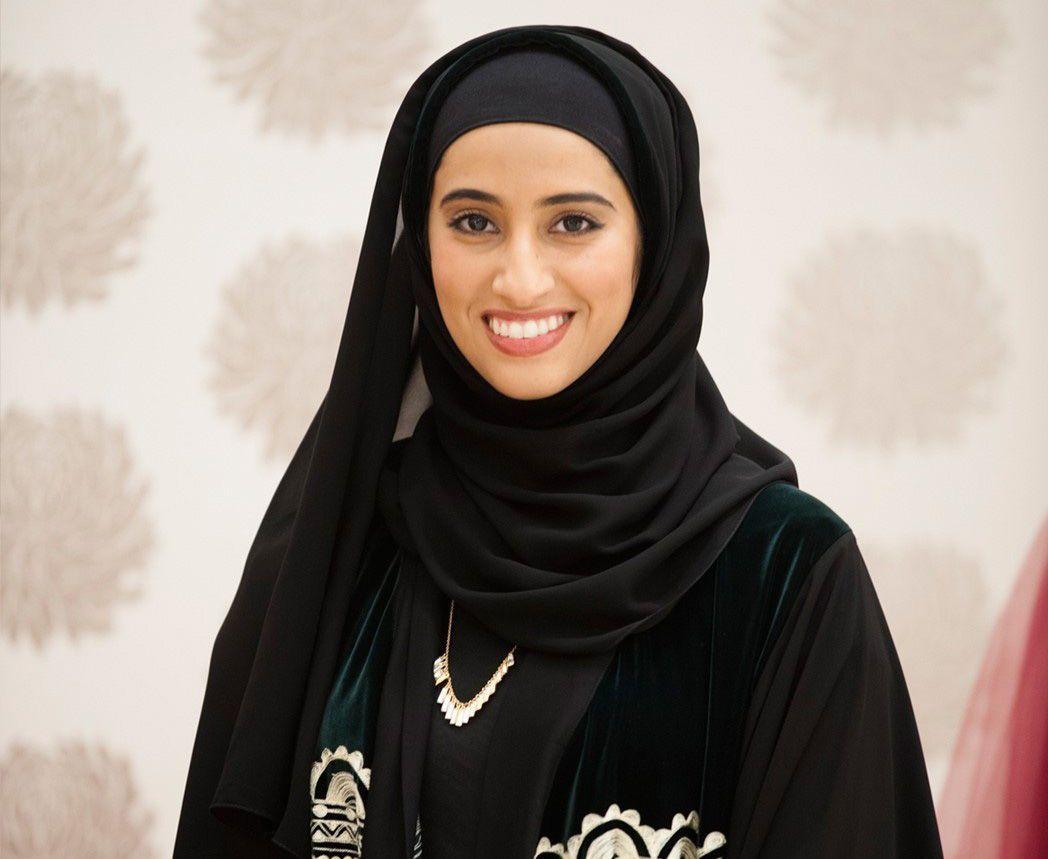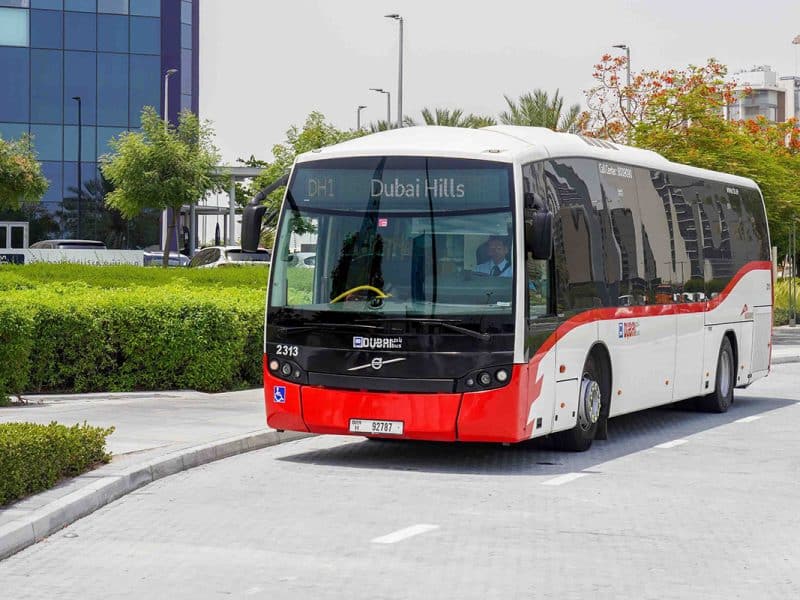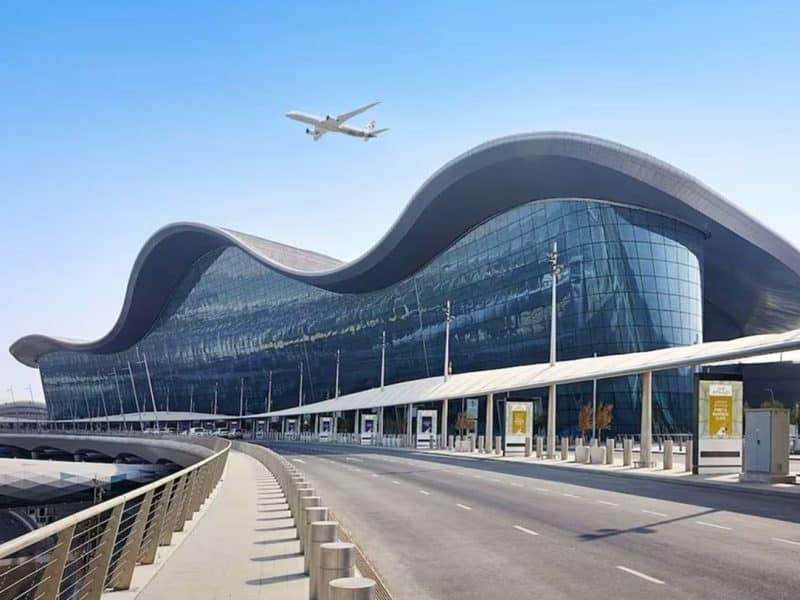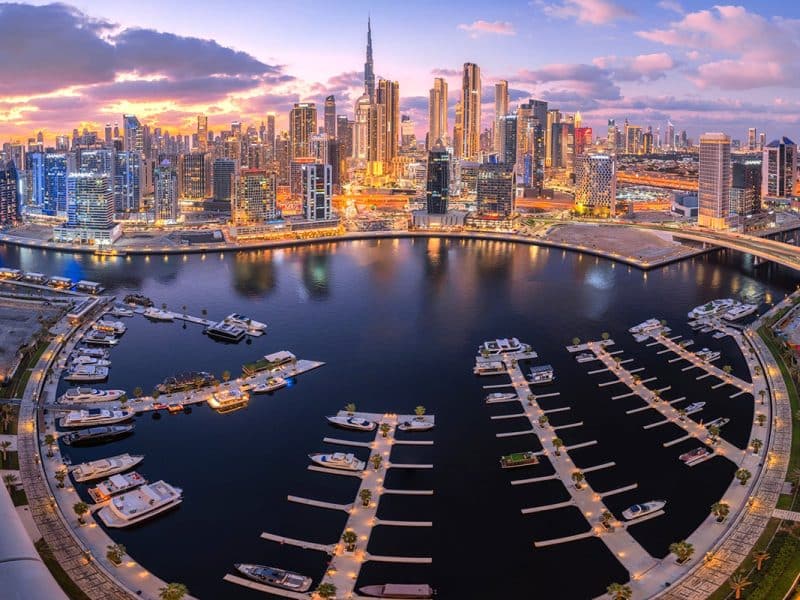Aged just 22, Salama Al Abbar moved into the challenging realm of entrepreneurship and chose to take a big risk by implementing her own vision rather that participating in a 9-5 job.
Five years later, and already with a list of successes and failures under her belt, she heads three businesses, as well as piloting multinational initiatives to promote local talents.
“Real-life experiences are very different from what you do in books at university. I started my career working as a Financial Analyst for Ernst & Young and quickly realised that this is not what I wanted to do. My heart was set on fashion, and I knew I wanted to be a part of it, I just didn’t know in which way,” she says.
Inheriting her father’s passion for business, she credits him as the source for her current views on getting the right work and life balance.
“Definitely and without a doubt he has always been the one who inspired us to think big and dream big. He has always been a huge influence and continuously encourages us to keep going. When we’re feeling like we can’t do it anymore or even in the moments where we fail, he always tells us to keep that experience and be proud of what we learnt from it. He’s there all the time,” she states with a huge smile.
Al Abbar has also certainly learnt from her failures. Her first multi-brand accessories boutique, Marami, was closed down after she realised it was too niche for the amount of space and effort she was dedicating to it.
“Although we ended up closing Marami, it was a good learning curve. Marami was almost my little experiment and I could do it the way I wanted and learn the ins and outs of sales, hiring, and managing.”
Moving on from this, she began work on her second and most successful project yet, Symphony, which is a multi-brand store located in Dubai Mall that targets local clientele.
“I took everything I learnt, and tried to perfect it with Symphony. We started with 20 brands and today we are over 100 brands, which is crazy. It’s been three years and a half now and it’s the dearest project to me.”
“What differentiates Symphony is that we really buy for the local market. I decided to focus on the locals and the GCC nationals because I noticed that every time I went shopping, I couldn’t find things that I could wear and nothing was really catered for me. So the whole point of the store was to cater to girls like me, and that is why it has been extra popular amongst the locals.”
Filling a much-needed niche and catering to the local market are strategies that Al Abbar is also now pursuing through her store, her online presence BySymphony.com and her local franchise of the fashion portal Buro 24/7.
“For both Buro 24/7 and BySymphony.com, we are launching the Arabic websites soon, which only makes sense that since we are selling to the Middle East, then we need to cater 100 percent to the Middle East.”
“There is a big lack of luxury Arabic content on the internet. Every time you Google something you get a forum. That’s all you can find. You find a lot of gossip blogs, but never quality content. There is a demand for quality Arabic content, for sure.”
Al Abbar admits that the reason why she started all of her projects is because she sees a huge potential for local designers and believes that Dubai can and will be a fashion capital one day.
“Fashion moves economies,’ she states. “We really believe in supporting young talent and providing them with a platform because we are all young and we should support each other in a way. This is a part of our DNA that will not disappear.”
Just last October, Al Abbar partnered with Vogue Italia for the realisation of the first ever “Vogue Fashion Dubai Experience,” which promotes new talent on an international platform. But only four applicants made it through to the final round from over 40 applications.
So what is really missing in the UAE, and why hasn’t the huge potential in the region led to local fashion talent rising reaching the top levels internationally?
In Al Abbar’s opinion, it is all about the absence of a viable educational system that is dedicated to this industry.
“What’s missing in Dubai is more fashion universities, or retail-focused universities,” she believes. “A lot of us got into fashion not knowing exactly what we wanted to do and some of us got lucky and figured it out and some of us are still not sure. Having the right education would help a lot in guiding us towards our future.
“A lot of collections that I see are lacking the elements that are needed to become international. Designers need to know about categories, about range planning, costing, pricing, manufacturing…there are so many details that need to be taken into consideration.”
She adds: “It’s something new in this region and needs to be taught. We still don’t have a local brand store here, a stand-alone brand store, and I think it is because of that, because we still need the education and the proper foundations to make it happen.
“But we have the support here, for locals at least, we have the financial support, we have the business support but we need that education so that people can really understand how to create brands.”

